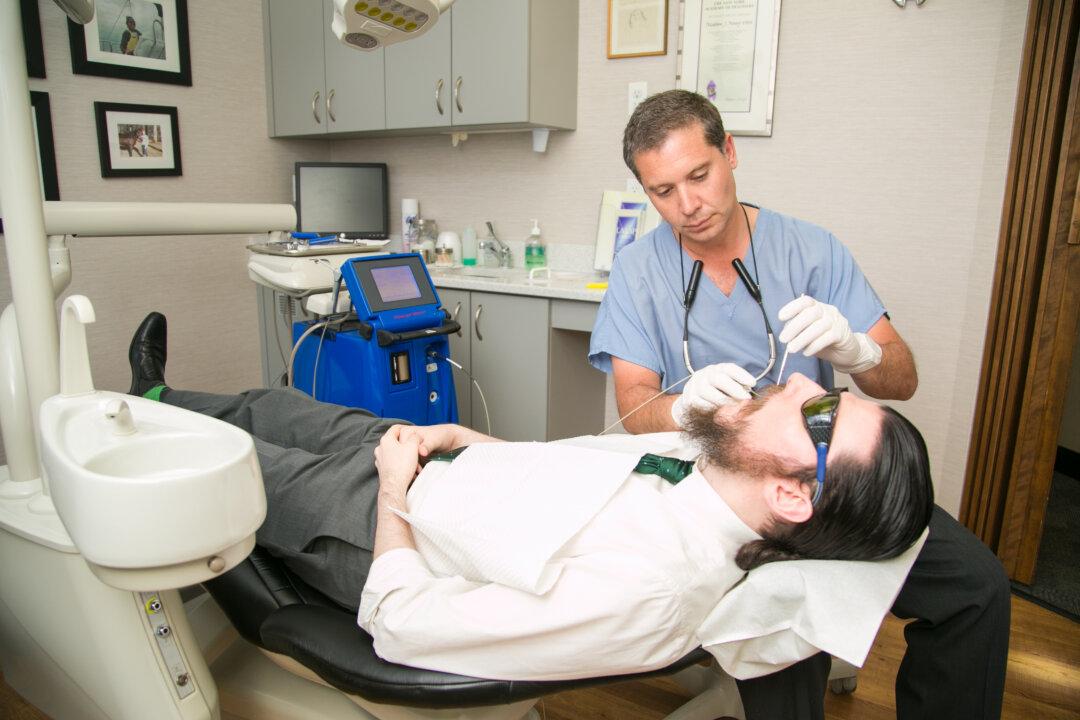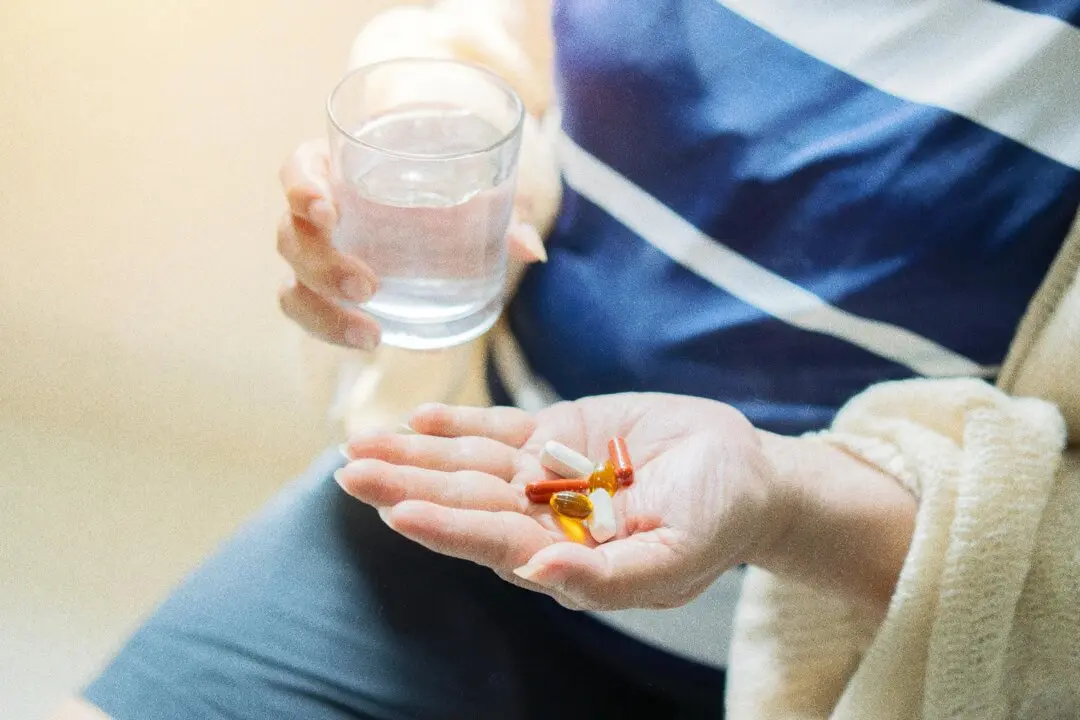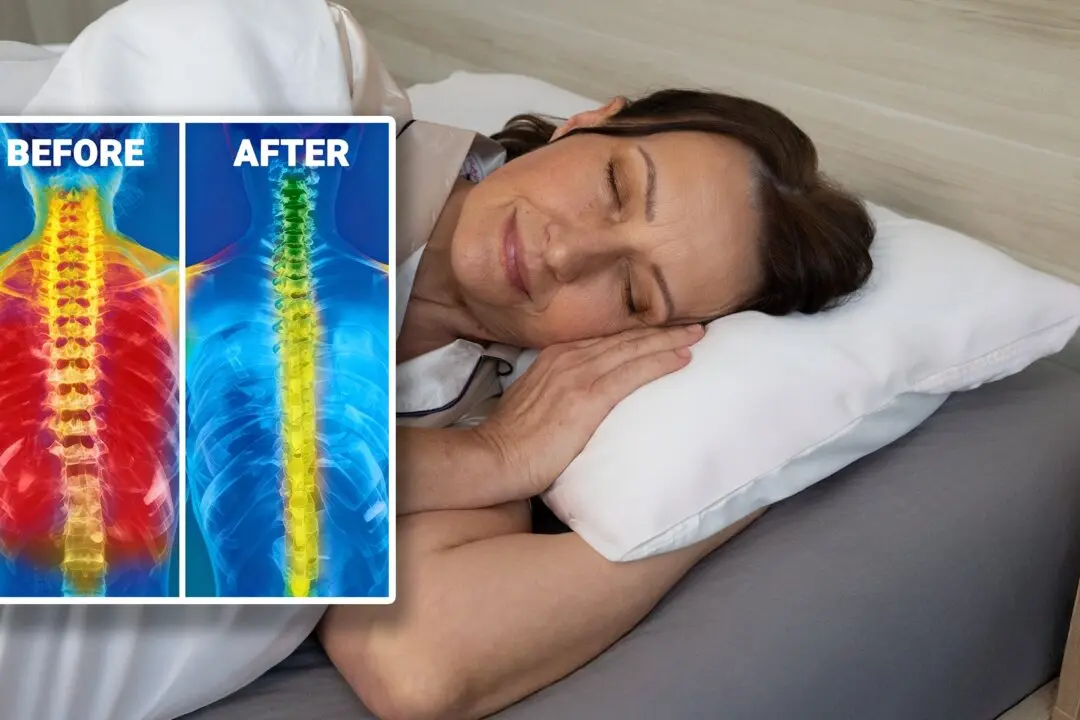For many people who’ve lost one or multiple teeth, dental implants are a great alternative to dentures because they feel natural and don’t decay.
But having implants does not give you a free pass to forget about cleaning and regular preventive maintenance, said Dr. John Lanzetta, a periodontist at Madison Avenue Periodontics who specializes in dental laser surgery.





